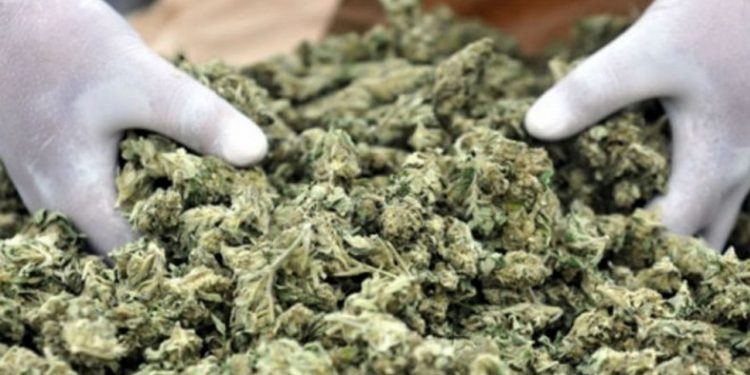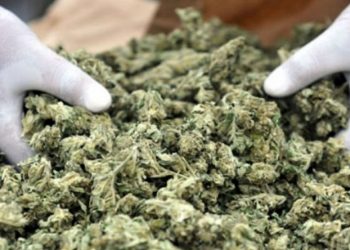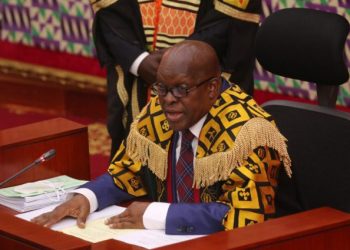The United Nations’ Commission for Narcotic Drugs voted Wednesday to remove cannabis from the most tightly controlled drugs. Member nations of the Vienna based Commission voted 27-25 to remove it from Schedule IV of the 1961 Single Convention on Narcotic Drugs that allows national bans for drugs with “particularly dangerous properties.”
A very tight vote, Egypt, Nigeria, China, Russia, and Pakistan were among the 25 countries who voted against the move. The United States, Germany, the United Kingdom, and South Africa were among those who voted in favor. Ukraine abstained from voting.
The vote follows the World Health Organisation’s (WHO) recommendation to loosen control on cannabis to make research into its medical use easier.
Cannabis was previously on Schedule IV of the U.N. Commission on Narcotic Drugs’ list, alongside drugs such as heroin, cocaine, methadone, morphine, and opium that are usually deadly. Substances classified as Schedule IV are a subset of Schedule I drugs, meaning they are not only seen to be “highly addictive and highly liable for abuse,” but are also considered to be “particularly harmful and of extremely limited medical or therapeutic value.”
“We welcome the long overdue recognition that cannabis is a medicine,” Ann Fordham, executive director of the International Drug Policy Consortium, said in a statement. “However, this reform alone is far from adequate given that cannabis remains incorrectly scheduled at the international level.”
In 2019, the WHO recommended in a report that “cannabis and cannabis resin should be scheduled at a level of control that will prevent harm caused by cannabis use and at the same time will not act as a barrier to access and to research and development of cannabis-related preparation for medical use.”
Note, however, that the UN drug agency has not yet legalized cannabis as the drug is still listed among drugs that are “highly addictive and liable to abuse.” In other words, Wednesday’s vote does not mean U.N. member nations have been given the go-ahead to legalize marijuana under the international drug control system. In fact, the UN drug agency voted to leave cannabis and cannabis resin on the list of Schedule I drugs which also include morphine, cocaine, fentanyl, opium and oxycodone. The WHO had also recommended that “extracts and tinctures of cannabis” be removed from Schedule I status, but the UN drug agency did not follow that recommendation.
Cannabis, in several parts of the world, is being used to alleviate suffering from various diseases. Nevertheless, it remains a controversial drug while critics fear that relaxing laws on its use can lead to drug abuse and other crime-related activities.
Globally, more and more states, particularly in America, are passing laws to allow the sale of marijuana in some form. Four U.S. states — New Jersey, South Dakota, Montana and Arizona — recently voted to legalize recreational marijuana. This means the total number of states that have legalized recreational cannabis use is 15. Mississippi and South Dakota also voted to make medical marijuana legal, bringing that total to 35, Forbes reported.
In Africa, countries like Zimbabwe, Lesotho, and South Africa are beginning to tap into the profitable industry following the global rise in the use of cannabis.
source: Face 2 Face Africa


















































